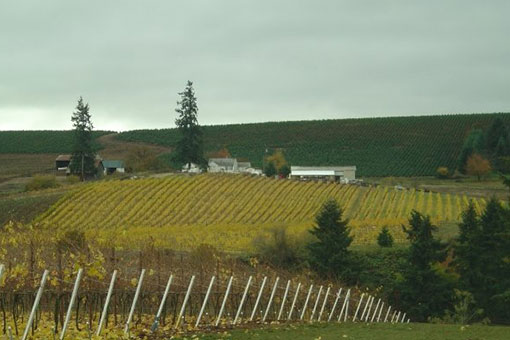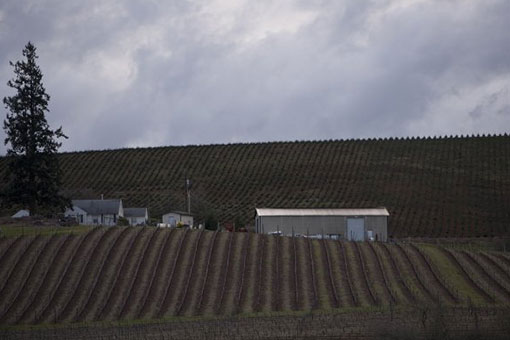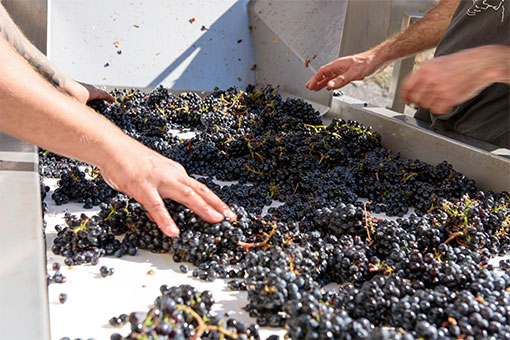The Winemaker's Philosphy
Our goal is to produce wines that are complex, elegant and balanced,
wines that eloquently reflect the terroir of their vineyards
We aim to produce wines that are complex, elegant and balanced wines that eloquently reflect the terroir of the individual vineyards. Because we grow grapes or purchase them from several vineyards each year, that expression of “terroir” (tasting in each bottle the place where the fruit grows, each with unique soils and drainage, sun exposure, elevation, microclimate and other vineyard practices: see this article for an interesting discussion or terroir) is particularly important. Add to that the choices of grape varietal and rootstocks (or not) and Oregon’s infinitely variable weather, and you begin to understand that wines from each vintage are different, with similar but never identical characteristics from year to year That’s part of the excitement of winemaking. Each year offers fresh challenges.


Our winemaking changes each year, sometimes in subtle ways, sometimes in more significant ones, to adapt to each vineyard and each growing season. I agree with the maxim that great wines are made in the vineyard, and my job is then to stay out of the way as I guide the wines from vine to bottle to consumer’s table. I’m not as happy with a “winemaker’s vintage,” when I need to intervene, but I am confident still of the results. And I love the challenge offered because each vintage is an absolute individual.
WINE GEEKINESS WARNING: Although I watch the chemistry of each vintage in each vineyard, once it gets into ballpark range of numerical ripeness (say, 22 degreesBrix and 3.3 pH for pinot noir), I make picking decisions based on taste. I also watch the hardening and browning of the stems, browning of seeds and softness of the skins, butI recognize a certain richness that comes with real flavor ripeness, as opposed to mere chemical ripeness.
A perfect balance of full fruit expression, with fine, supple tannins and firm acidity, makes truly great wines that will age well and continue to develop, improve and mature in the bottle for years. I spend time in each vineyard because I learn more each year about what that vineyard can produce. The 2019 vintage was our 26th harvest from our estate vineyard, Wild Winds. I’m still learning but now comfortable with what it produces in each curve and fold and slope. That familiarity has led to some powerful “eureka” moments that have taken me down the path to sustainable farming techniques that recognize and celebrate each small part of the vineyard’s ecosystem.
Because I make wines to enjoy with food, acidity is particularly important because it sharply focuses those flavors and aromas. Finally, I want to make wines that affordably enhance consumers’ meals with friends and loved ones.


